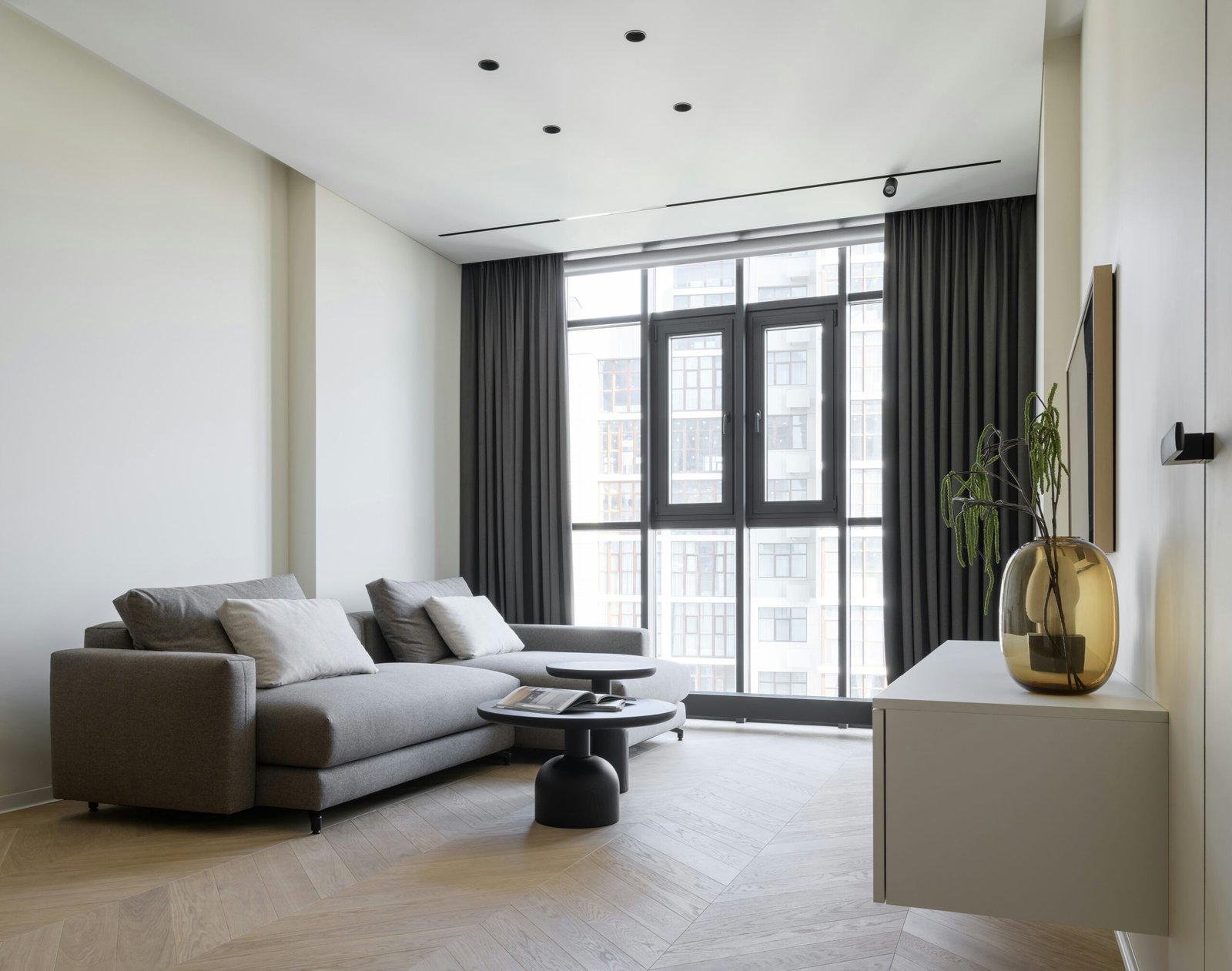
Choosing the right flooring for your home can be a complex decision, especially when considering the timeless appeal of hardwood. At iHomes Remodeling in Houston, TX, we often encounter homeowners torn between solid hardwood and engineered hardwood. Both have their advantages and suitability, depending on various factors such as climate, usage, and aesthetic preferences. Let’s delve into the characteristics of each to determine which might be better for your home.
Solid Hardwood Flooring
Pros:- Timelessness and Durability: Solid hardwood floors offer a classic, elegant look that never goes out of style. They can last for generations if properly maintained, with the ability to be sanded and refinished multiple times to remove scratches and wear.
- Increase in Home Value: Homes with solid hardwood floors often see an increase in market value due to their desirability and timeless appeal.
- Natural Material: Being a completely natural product, solid hardwood offers unique grains and colors, giving each plank a distinct appearance.
- Moisture Sensitivity: Solid hardwood is susceptible to changes in humidity and can warp or cup when exposed to moisture, making it less suitable for areas like bathrooms or basements.
- Cost and Installation: Generally, solid hardwood is more expensive than engineered wood, both in material cost and installation, as it requires professional fitting and finishing.
Engineered Hardwood Flooring
Pros:- Stability: Engineered hardwood consists of a top layer of hardwood veneer attached to layers of plywood or high-density fiberboard. This construction provides enhanced stability and resistance to moisture and temperature changes, making it suitable for a wider range of environments, including basements and over concrete slabs.
- Versatility and Installation: Engineered hardwood can be installed in various ways, including floating, which allows for easier and often less expensive installation compared to solid hardwood. It’s also available in a wider variety of finishes and can be used with underfloor heating systems.
- Sustainable Option: Since the veneer is a thin slice of wood, engineered hardwood uses less of the tree per plank, making it a more sustainable option than solid hardwood.
- Limited Refinishing: Engineered hardwood can only be sanded and refinished a limited number of times, depending on the thickness of the top wood layer. Some products may not be refinished at all if the veneer is too thin.
- Variability in Quality: The quality of engineered hardwood can vary greatly depending on the manufacturer and the thickness of the top wood layer. Some lower-quality products may not offer the same durability and appearance as higher-quality options.
